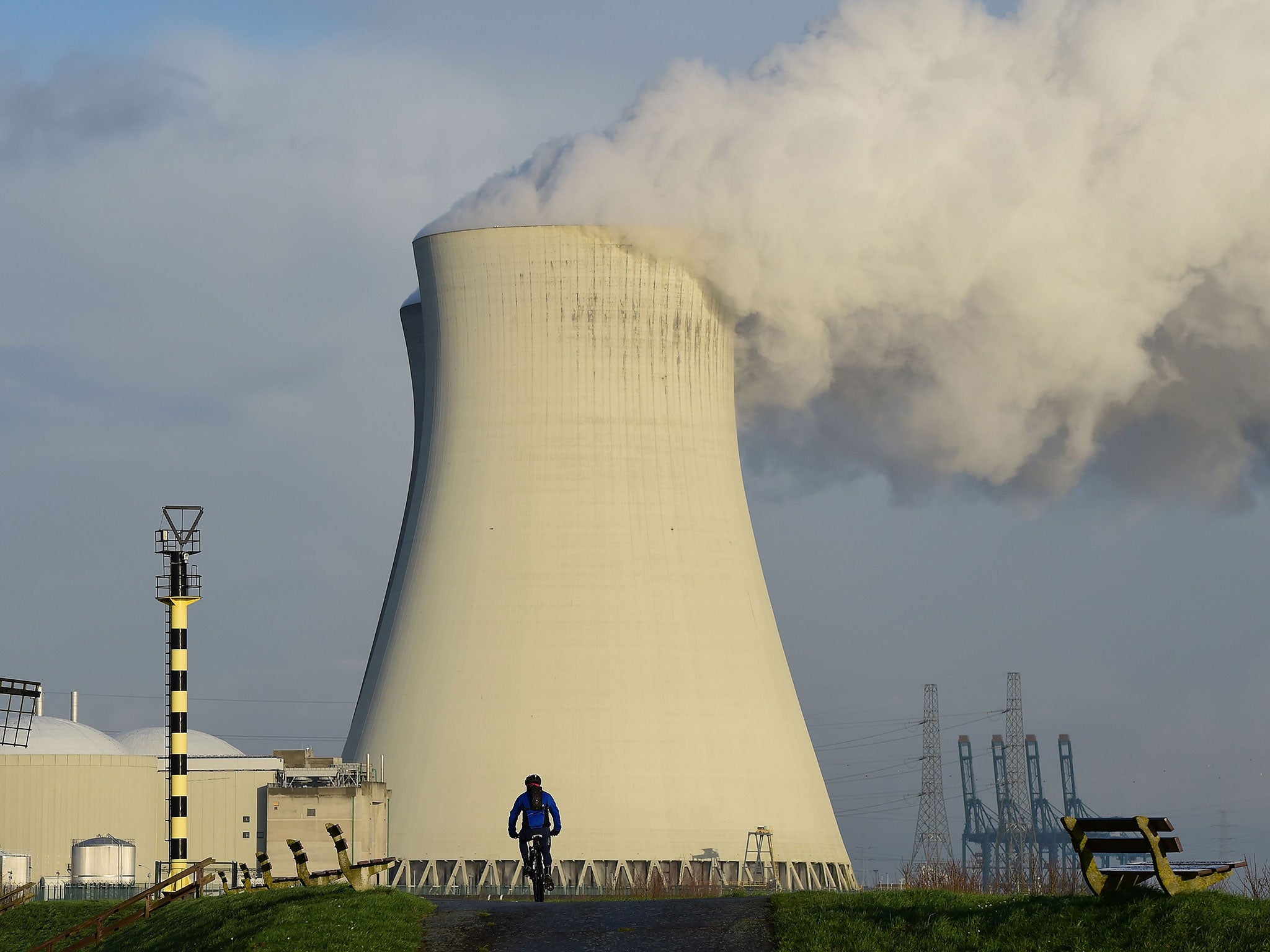Brussels attacks: Belgium fears Isis seeking to make ‘dirty’ nuclear bomb
A senior Belgian nuclear official was secretly monitored by suspects linked to the Paris attacks in November, report claims

Your support helps us to tell the story
From reproductive rights to climate change to Big Tech, The Independent is on the ground when the story is developing. Whether it's investigating the financials of Elon Musk's pro-Trump PAC or producing our latest documentary, 'The A Word', which shines a light on the American women fighting for reproductive rights, we know how important it is to parse out the facts from the messaging.
At such a critical moment in US history, we need reporters on the ground. Your donation allows us to keep sending journalists to speak to both sides of the story.
The Independent is trusted by Americans across the entire political spectrum. And unlike many other quality news outlets, we choose not to lock Americans out of our reporting and analysis with paywalls. We believe quality journalism should be available to everyone, paid for by those who can afford it.
Your support makes all the difference.Isis-linked terrorists in Belgium are thought to have been planning to build a ‘dirty’ nuclear bomb, according to a report.
Concerns over security at nuclear plants have led to 11 workers having their passes revoked, The Times reported.
A senior Belgian nuclear official was also secretly monitored by suspects linked to the 13 November Paris attacks, La Derniere Heure newspaper reported earlier this year. Late last year, police in Belgium seized surveillance footage of the high-ranking nuclear official, which showed him entering and leaving his home, during a raid on terrorist suspects.
An official at Belgium’s Federal Agency for Nuclear Control told The Times: “When you start filming someone in the way they did, the logical conclusion is that they wanted to abduct that person and to obtain radioactive material.”
The passes of 11 staff at the Tihange nuclear power station have been withdrawn after they were vetted by a committee including intelligence and security agencies.
A dirty bomb is easier to make than a nuclear bomb but does not create a fission explosion. Instead, traditional explosives are used to spread radioactive material over an area, potentially contaminating it for years.
The risk to health is relatively small with some experts saying more could be killed in the panic created by such an attack than the radiation itself.
Join our commenting forum
Join thought-provoking conversations, follow other Independent readers and see their replies
Comments